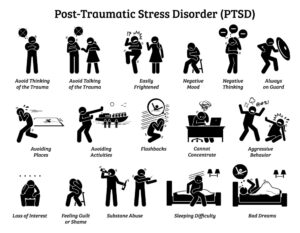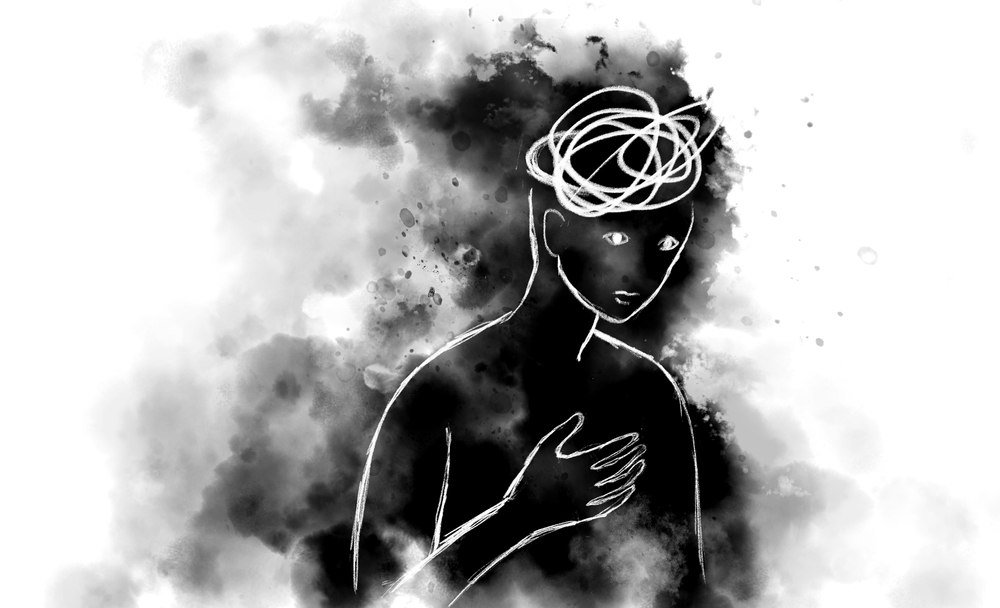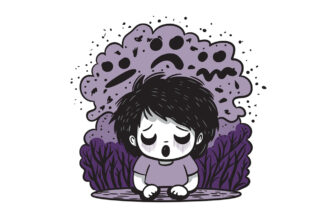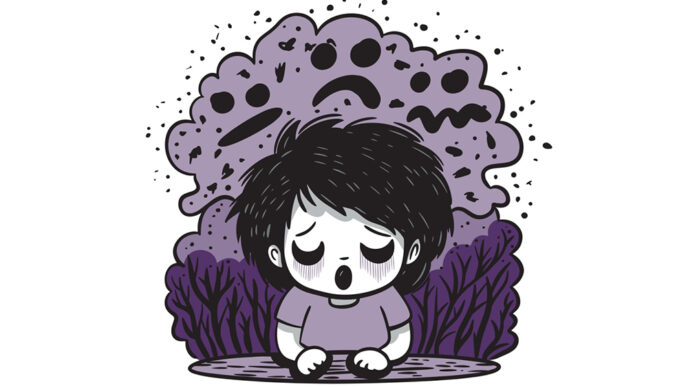Supporting a loved one with complex PTSD can be overwhelming, exhausting, and isolating. This guide offers compassionate, practical advice to help you be there for them while protecting your own emotional wellbeing along the way.
WORDS FAITH FOO
 FEATURED EXPERT FEATURED EXPERTFAITH FOO Director of ABRI Integrated Mental Health Director of The Bridge International Hub (Korean Counseling Centre) Registered & Licensed Counsellor Certified EMDR Therapist Certified Coaching & Mentoring Professional HRD Corp-Certified Trainer Published Author Website | Facebook | YouTube |
UNDERSTANDING C-PTSD
- Complex post-traumatic stress disorder (PTSD), or C-PTSD, is a condition that can develop after someone experiences prolonged, repeated trauma — often in situations where escape wasn’t possible.
- Such trauma could include:
- Childhood abuse
- Domestic violence
- Captivity such as in prison
- Living in a war zone

- While C-PTSD shares some symptoms with traditional PTSD, like flashbacks and hypervigilance, it often involves additional challenges such as:
- Difficulties with emotional regulation
- A deeply ingrained sense of shame or worthlessness
- Trouble in trusting others
- Feeling disconnected from oneself or the world
The Struggles of Living with C-PTSD
- People with C-PTSD might struggle with intense mood swings, emotional numbness, or overwhelming reactions to seemingly minor triggers.
- It’s not a character flaw or a choice — it’s the result of surviving situations that no one should have to endure.
SUPPORTING A LOVED ONE THAT IS LIVING WITH C-PTSD
Be Compassionate, but Also be Realistic
You have to first accept that you can’t make someone with complex PTSD change.
- Healing isn’t something that can be forced, and it doesn’t happen on anyone else’s timetable.
- As painful as it is to witness, you can’t compel a person to face their past, recognize how it affects their present, or admit they need help if they’re not ready to do so.
I’ve worked with many people struggling because someone they care about has withdrawn, lashed out, or said things they didn’t mean. It hurts. It creates an environment of unpredictability, fear, and heartache. Watching a loved one suffer while feeling powerless to reach them is one of the most painful experiences you can have. That helplessness is real, and it takes a toll.
That said, there are meaningful ways you can support them. Not by pushing, pressuring, or cornering — but by offering steady, compassionate presence.
“How Do I Get Them to See That They Need Help?”
If you’ve ever found yourself asking this question, it’s worth considering that the strategies you’ve been using may not be helping — and might even be adding to their distress. When someone feels pressured, even by well-meaning intentions, it can push them further away.
Here’s the difficult truth: we can’t control someone else’s healing. No matter how desperately we wish we could. The most meaningful thing we can offer is steady, non-judgemental support as well as to create a space where their healing is possible.
If you’re trying to be there for someone with C-PTSD, here are a few ways you can help while taking care of your own wellbeing, too:
Prioritize Safety
- This is non-negotiable.
- If your loved one becomes physically violent or endangers you, your safety must come first.
- No amount of love or empathy excuses harm.
If you’re safe and choose to stay, then it’s time to think about how best to support them.
Offer Gentle Encouragement
- Complex PTSD can leave people feeling hopeless and discouraged.
- Gentle, honest encouragement can make a powerful difference.
- Avoid trying to direct or control their choices.
- Instead, offer quiet reassurance that healing is possible and recognize even their smallest steps forward.
- When they’re overwhelmed or feeling like a failure, remind them it’s not their fault. Point out their moments of resilience, no matter how minor these moments may seem.
- Remember, healing is rarely linear, and every effort counts.
Be Emotionally Aware
You may notice signs that your loved one is becoming dysregulated — when emotions surge and old wounds resurface. In these moments, they might lash out or say hurtful things.
It’s easy to get drawn into conflict, but remember: these moments are often emotional flashbacks, not conscious attacks.
Your gentle presence matters more than solutions during these moments.
- When you sense this happening, resist the urge to argue or correct.
- Instead, offer calm, supportive words such as: “You seem overwhelmed. I’m here if you need me.”
- Give them room to breathe and avoid trying to reason with them mid-flashback.
Stay Calm and Offer Space
When emotions run high, staying calm yourself can help de-escalate the situation.
- Don’t take their words personally and don’t rush to fix everything. Sometimes, the most healing thing you can say is: “I’m here. Take your time.”
- Even if they ask you to leave, it’s often fear speaking, not genuine rejection. Letting them know you’ll stay close — emotionally, if not physically — can be profoundly reassuring.
Take Care of Yourself
Living with and supporting someone with C-PTSD can be emotionally draining. It’s essential to care for your own mental and emotional health.
- Reflect on your boundaries, seek your own support, and work through any personal struggles this dynamic might be bringing up for you. You matter too.
- When you invest in your own healing, you’ll be better equipped to support others. And in time, your resilience might quietly inspire them to do the same.
IN CONCLUSION
- Supporting a loved one through complex PTSD is never about fixing them — it’s about walking beside them, offering steady, compassionate support while honoring your own limits.
- Healing is a slow, often difficult journey, for both the person living with trauma and those who love them.
If any of this resonates with you, start small. Choose one of these practices to lean into and give yourself grace along the way.
And if you find yourself overwhelmed, reach out for help. You don’t have to shoulder everything alone.
| This article is part of our series on mental wellness. |













